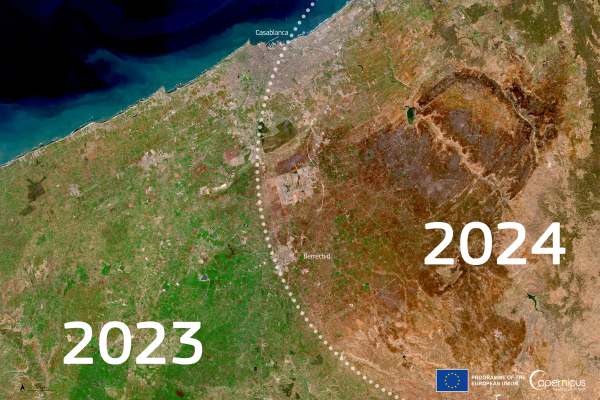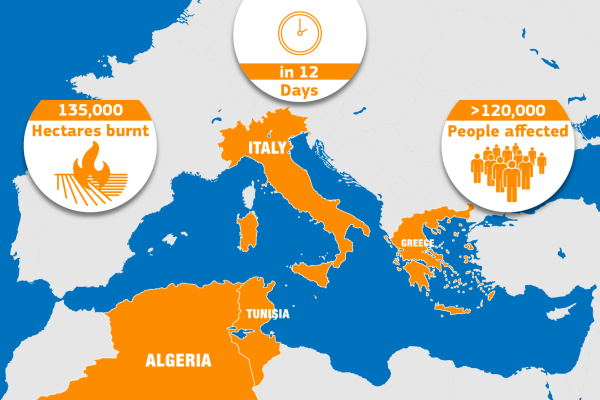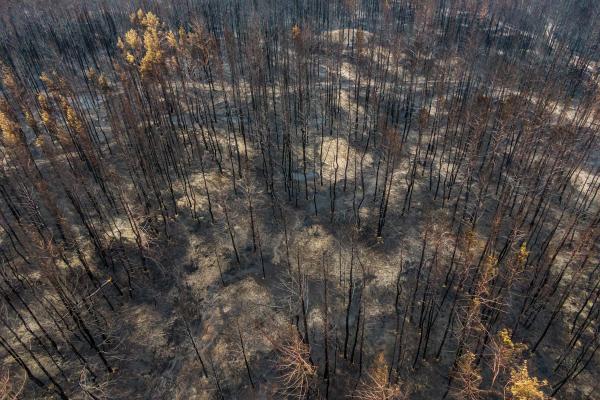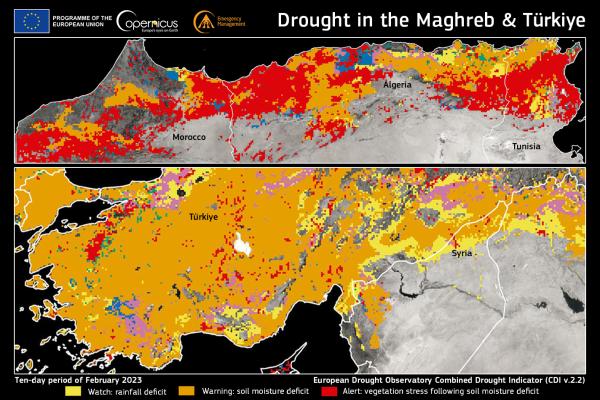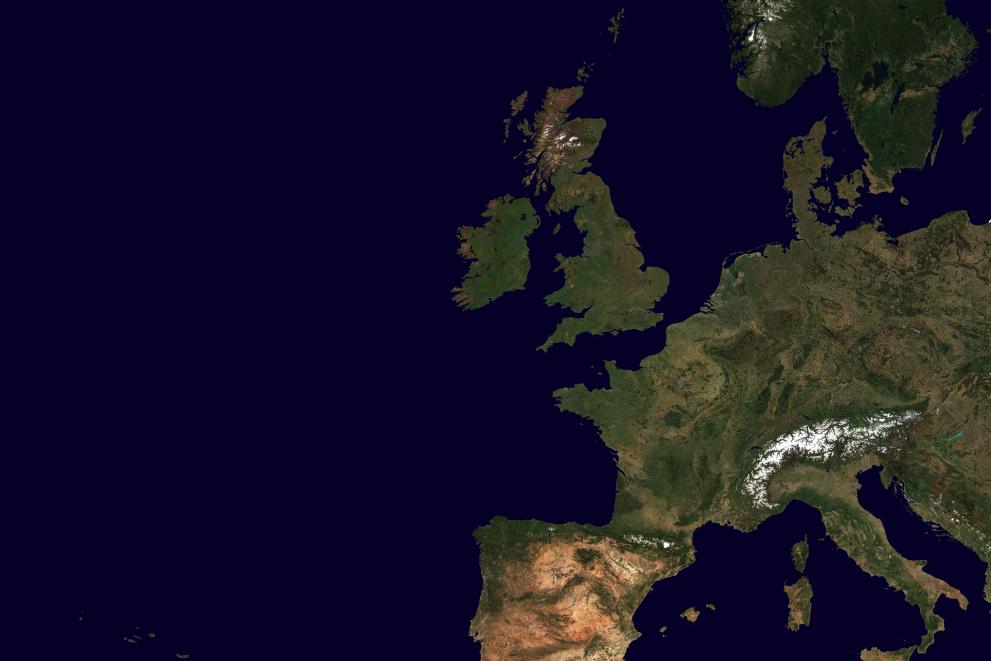
The new Strategic Research and Innovation Agenda (SRIA) for Earth Observation (EO) aims to guide the evolution of the Copernicus programme for the remaining part of the Multiannual Financial Framework (MFF) – running from 2021 to 2028 – and beyond (2028-2035).
Copernicus is the Earth Observation component of the EU Space Programme. It supports environmental management and climate change mitigation, and ensures safety and civil security across Europe.
The agenda is published in a dedicated report and will serve as a framework and reference for future challenges and innovations in the field of Earth Observation. Developed jointly by the Commission’s Directorate Generals for Defence Industry and Space, Research and Innovation, and the JRC, it provides a long-term perspective of the need and requests collected from users, EU countries and agencies.
The development of the Strategic Research and Innovation Agenda (SRIA) was conducted in three main phases:
- The first one aimed to identify lessons learnt from Copernicus 2.0 from Entrusted Entities (service providers) and implementing partners, to collect existing and emerging requirements from European Commission’s Directorates-General and Agencies, and to find horizontal issues to address collectively involving stakeholders, Copernicus users and delegates;
- The second step was the content development informed by the outcomes of the above meetings and specific inputs received from entities and agencies;
- The last step concerned the endorsement of the document by the Copernicus governance.
In the coming decade, the EU aims to strengthen its position as a global space actor able to access and monitor space, to act, communicate and navigate in space for the well-being and security of European citizens. The current EU Space Strategy is supported by Member States in the efforts to achieve EU’s strategic autonomy, resilience and freedom of action in space and on Earth.
The current Commission’s Multiannual Financial Framework has seen a fundamental change in the recognition of the value of Earth Observation and Copernicus in supporting policies. Being a global player in today’s space-based activities, Copernicus will evolve to provide state-of-the-art uninterrupted, high-quality, up-to-date, free, open and secure, Earth Observation data, products, applications and services.
Today, Earth observation is playing an important role by providing evidence and scientific understanding of the issues at stake and monitoring tools for environmental policy implementation as well as support for smart decisions to all sorts of end-users.
The SRIA addresses requirements of the EU Space Programme to support the research and technological development activities carried out under Regulation (EU) 2021/695, establishing the EU R&I funding programme Horizon Europe, which runs until 2027.
Related content
Earth Observation Strategic Research and Innovation Agenda - Enabling Copernicus evolution
Details
- Publication date
- 15 May 2024
- Author
- Joint Research Centre
- JRC portfolios

